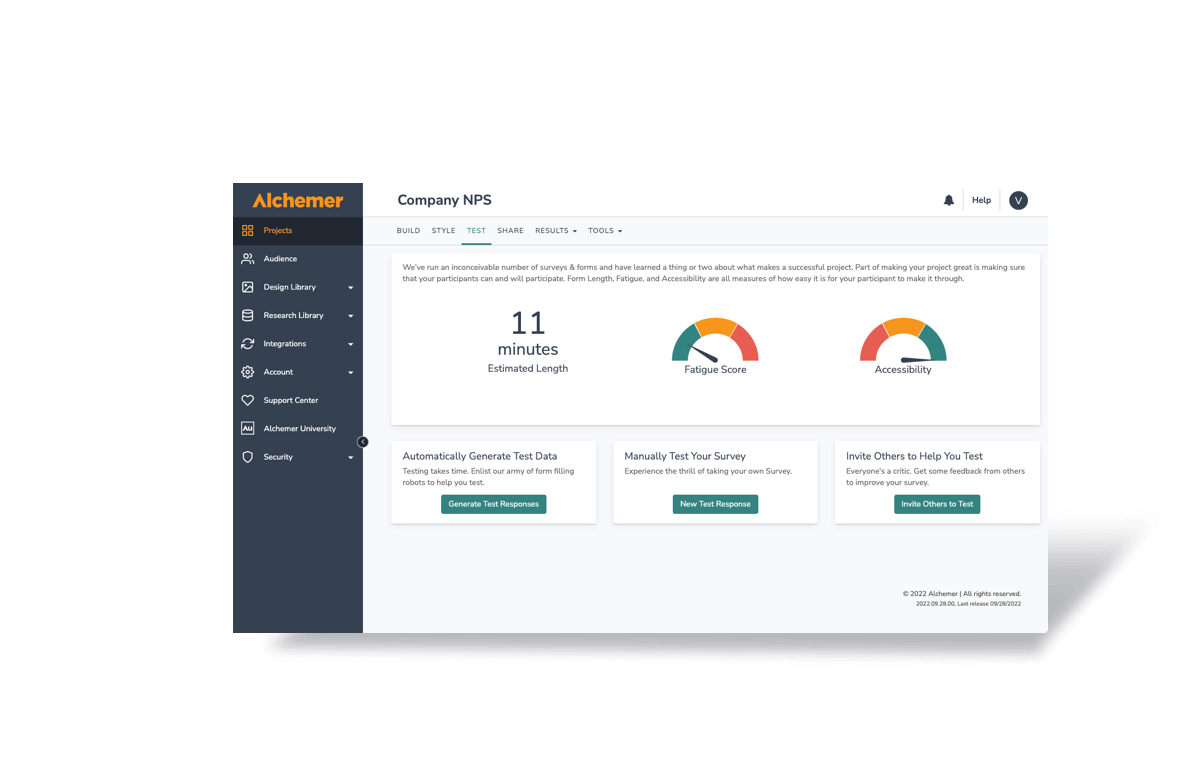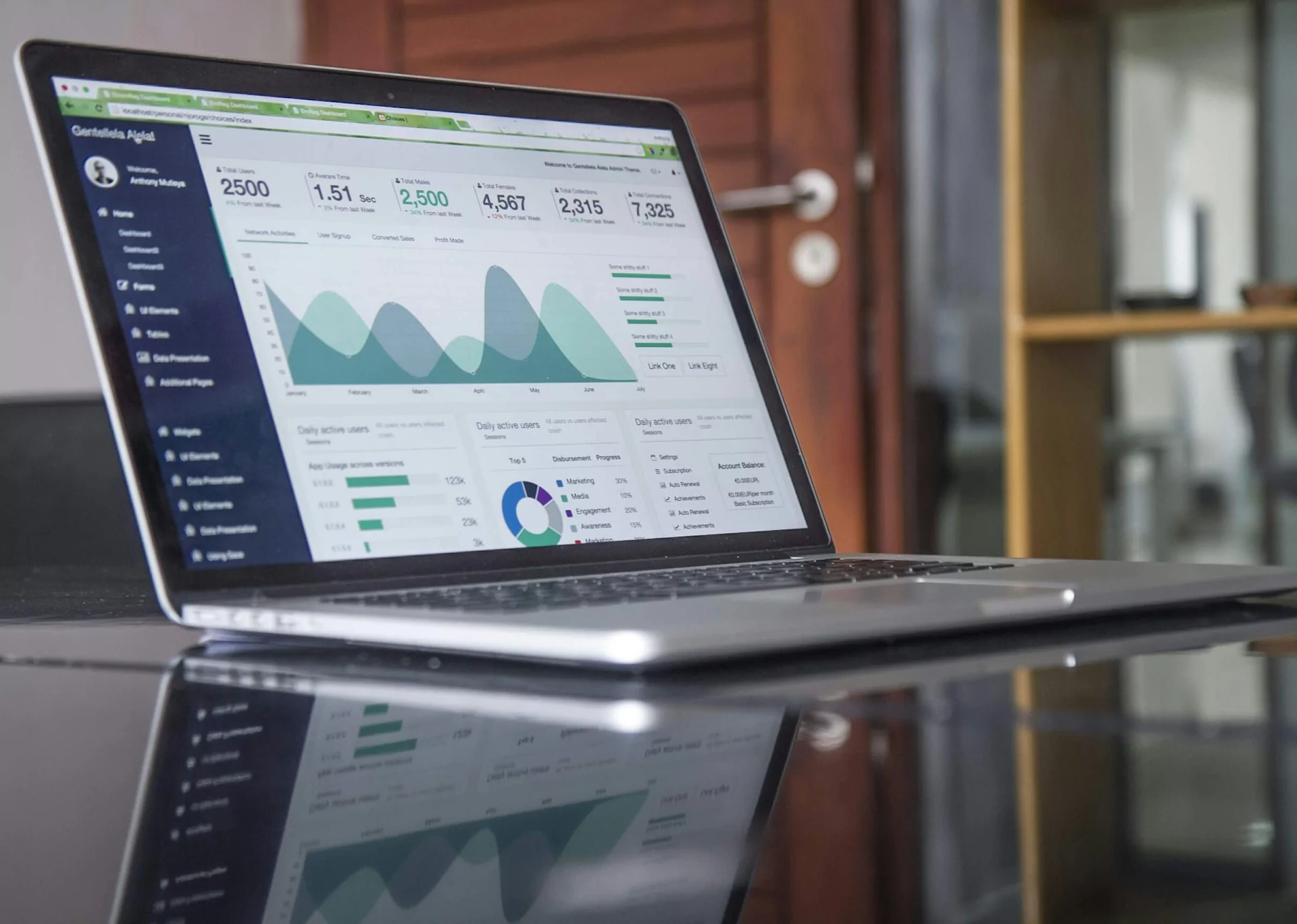What is SPSS?
While Alchemer has powerful built-in reporting features that are easy to use and present for most online surveys, NPS survey, and employee satisfaction surveys, when it comes to in-depth statistical analysis most researchers consider SPSS the best-in-class solution.
SPSS is short for Statistical Package for the Social Sciences, and it’s used by various kinds of researchers for complex statistical data analysis. The SPSS software package was created for the management and statistical analysis of social science data. It was originally launched in 1968 by SPSS Inc., and was later acquired by IBM in 2009.
Officially dubbed IBM SPSS Statistics, most users still refer to it as SPSS. As the world standard for social-science data analysis, SPSS is widely coveted due to its straightforward and English-like command language and impressively thorough user manual.
SPSS is used by market researchers, health researchers, survey companies, government entities, education researchers, marketing organizations, data miners, and many more for processing and analyzing survey data, such as you collect with an online survey platform like Alchemer.
Most top research agencies use SPSS to analyze survey data and mine text data so that they can get the most out of their research and survey projects.
The Core Functions of SPSS
SPSS offers four programs that assist researchers with your complex data analysis needs.
Statistics Program
SPSS’s Statistics program provides a plethora of basic statistical functions, some of which include frequencies, cross-tabulation, and bivariate statistics.
Modeler Program
SPSS’s Modeler program enables researchers to build and validate predictive models using advanced statistical procedures.
Text Analytics for Surveys Program
SPSS’s Text Analytics for Surveys program helps survey administrators uncover powerful insights from responses to open-ended survey questions.
Visualization Designer
SPSS’s Visualization Designer program allows researchers to use their data to create a wide variety of visuals like density charts and radial boxplots from their survey data with ease.
In addition to the four programs mentioned above, SPSS also provides solutions for data management, which allow researchers to perform case selection, create derived data, and perform file reshaping.
SPSS also offers data documentation, which allows researchers to store a metadata dictionary. This metadata dictionary acts as a centralized repository of information pertaining to the data, such as meaning, relationships to other data, origin, usage, and format.
There are a handful of statistical methods that can be leveraged in SPSS, including:
- Descriptive statistics, including methodologies such as frequencies, cross-tabulation, and descriptive ratio statistics.
- Bivariate statistics, including methodologies such as analysis of variance (ANOVA), means, correlation, and nonparametric tests.
- Numeral outcome prediction such as linear regression.
- Prediction for identifying groups, including methodologies such as cluster analysis and factor analysis.
The Benefits of Using SPSS for Survey Data Analysis
Thanks to its emphasis on analyzing statistical data, SPSS is an extremely powerful tool for manipulating and deciphering survey data.
Fun fact: The data from any online survey collected using Alchemer can be exported to SPSS for detailed analysis.
Exporting survey data from Alchemer to SPSS’s proprietary .SAV format makes the process of pulling, manipulating, and analyzing data clean and easy. Using the .SAV format, SPSS automatically sets up and imports the designated variable names, variable types, titles, and value labels, making the process much easier on researchers.
Once survey data is exported to SPSS, the opportunities for statistical analysis are practically endless.
In short, remember to use SPSS when you need a flexible, customizable way to get super granular on even the most complex data sets. This gives you, the researcher, more time to do what you do best — identifying trends, developing predictive models, and drawing informed conclusions.
For more information on the benefits of using SPSS to conduct survey data analysis, here are some helpful resources:
- Alchemer’s SPSS Export Documentation
- Creating and Manipulating Survey Variables Using SPSS
- SPSS Variable and Value Totals: A Quick Tutorial
- SPSS Analysis Tips: The Temporary Command
- SPSS Expert: Recording States into Regions Using SPSS
- Converting Survey Variables with SPSS Syntax




